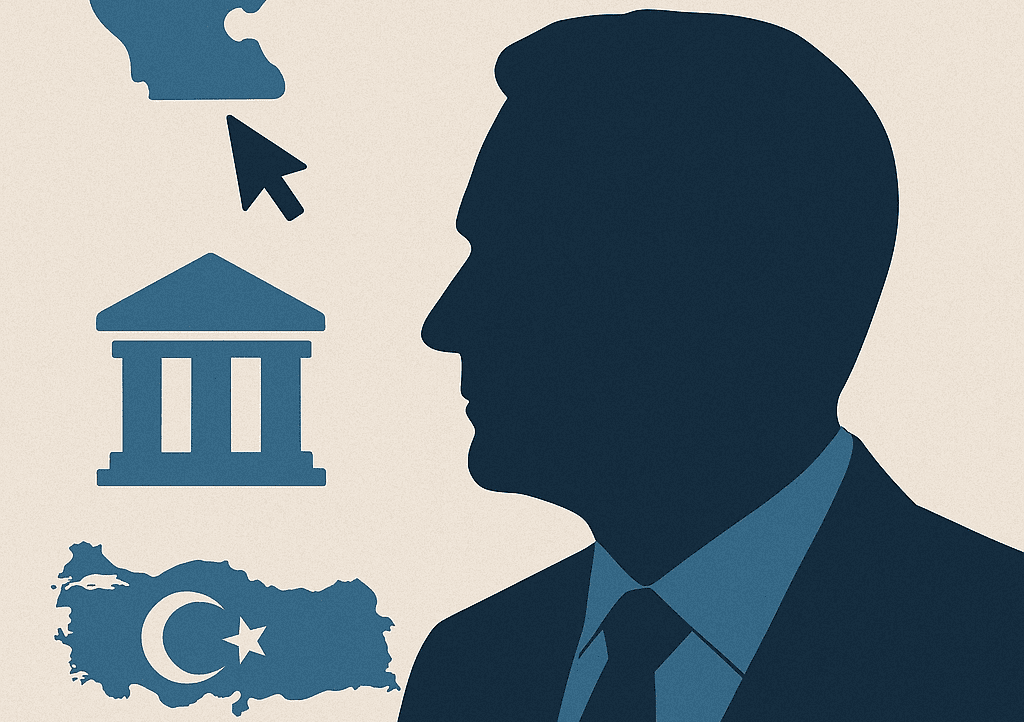Who Did ‘King of Betting’ Kenny Alexander Bribe in Turkey?
By Altan / 04/09/25
 Kenny Alexander, the former CEO of GVC Holdings (now Entain) once hailed as the industry’s “King,” has officially been charged in the UK with bribery and fraud conspiracy linked to GVC’s controversial Turkey-facing operations between 2011 and 2018. The UK Crown Prosecution Service (CPS) named Alexander alongside 10 other executives, including ex-CFO Richard Cooper, alleging their role in what became known as the Turkey bribery scandal.
Kenny Alexander, the former CEO of GVC Holdings (now Entain) once hailed as the industry’s “King,” has officially been charged in the UK with bribery and fraud conspiracy linked to GVC’s controversial Turkey-facing operations between 2011 and 2018. The UK Crown Prosecution Service (CPS) named Alexander alongside 10 other executives, including ex-CFO Richard Cooper, alleging their role in what became known as the Turkey bribery scandal.
Background: HMRC Investigation and £585m Settlement
In 2023, Entain reached a massive settlement with UK tax authorities, agreeing to pay around £585 million ($737m) to resolve allegations tied to bribery risks and compliance failures in its former Turkey operations. The deal—one of the largest of its kind in UK corporate history—allowed the company to avoid prosecution but left former executives exposed.
How the Turkey Operations Worked (Sportingbet, Superbahis, and the “Headlong” Sale)
- In 2011–2012, Sportingbet’s Turkish business was run through East Pioneer, operating under the superbahis.com brand. GVC acted as guarantor for these arrangements.
- After acquiring Sportingbet assets in 2013, GVC inherited the Turkey-facing segment and housed it under Headlong Limited.
- In 2017, GVC sold Headlong to Ropso Malta Limited for up to €150 million, structured as a performance-based earnout.
- UK authorities later determined that third-party suppliers and payment processors tied to these operations posed bribery and money laundering risks.
So, Who Was Bribed?
That’s the question still without a public answer. No Turkish recipients have been officially named in either Entain’s settlement disclosures or the CPS charges. The indictments so far focus solely on the executives accused of conspiring to pay bribes—but the alleged recipients remain unidentified. This means the real answer to “Who was bribed in Turkey?” may only emerge as the court proceedings move forward.
Why It Matters
- The case highlights how international betting operators serving “grey” or banned markets can accumulate massive compliance risks that later surface.
- The 2017 Headlong sale did not insulate GVC from scrutiny—demonstrating that “legacy risks” can resurface years later, even after companies exit a market.
Timeline at a Glance
- 2011–2012: Sportingbet’s Turkish ops run via East Pioneer/Superbahis; GVC acts as guarantor.
- 2013: GVC acquires Sportingbet assets, inherits Turkey exposure.
- 2017: GVC sells Headlong Limited (Turkey-facing unit) to Ropso Malta.
- 2019–2023: HMRC probes; Entain pays £585m settlement.
- 2025: CPS charges Kenny Alexander & others with bribery/fraud conspiracy.
Conclusion
The headline question—who exactly took bribes in Turkey?—remains unanswered. So far, only the GVC-era executives stand accused, while the Turkish side of the scandal remains obscured. What’s clear is that GVC’s 2011–2017 Turkey operations, the Headlong deal, and third-party payment processors form the backbone of the case. The trial may finally bring clarity to who received the illicit payments—but for now, it remains an open mystery.
Note: This report is based on official filings and credible media sources. All defendants retain the presumption of innocence until proven guilty.